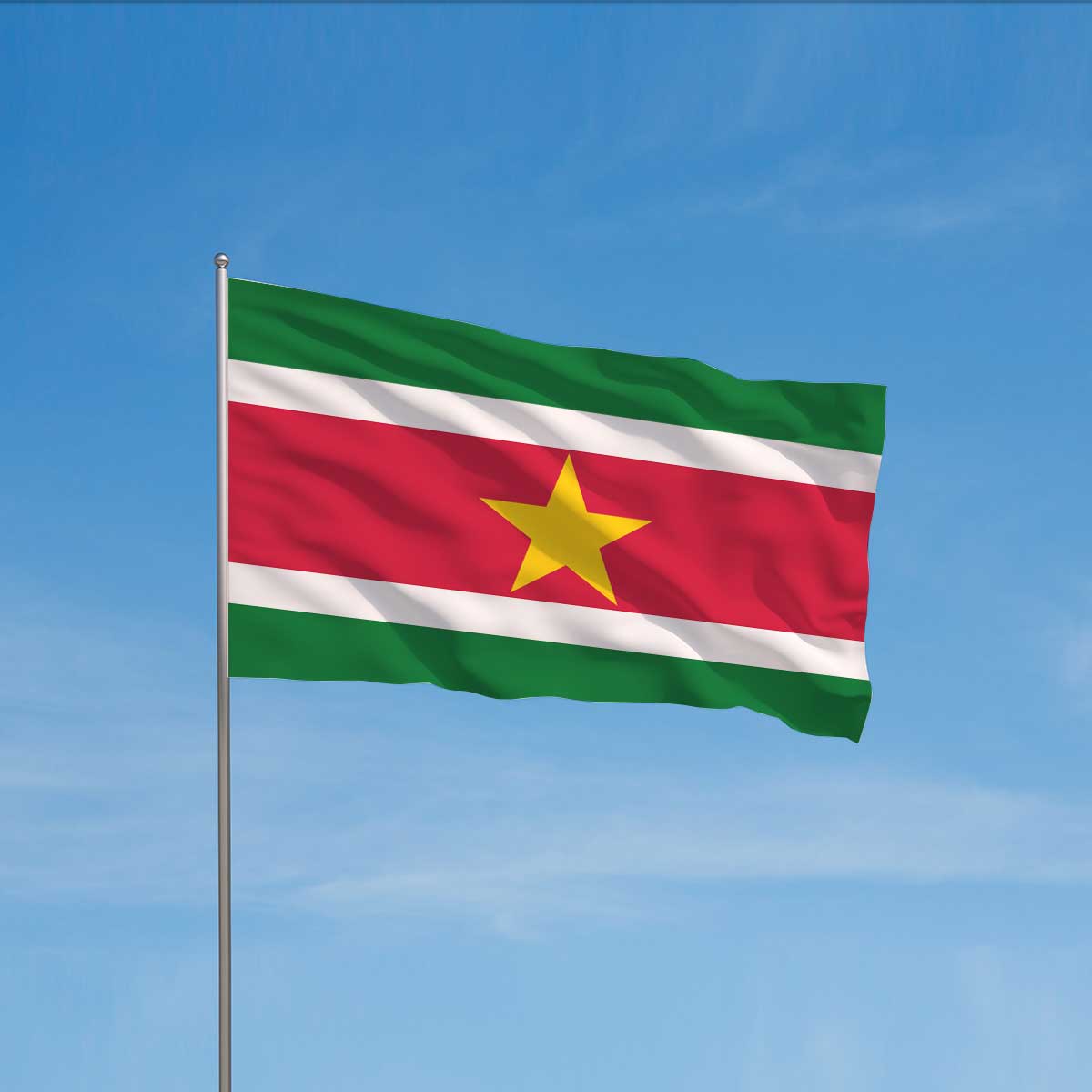Do you know the story behind Suriname’s independence? It’s an interesting journey filled with key events and notable figures. In this article, we’ll dive into the details and uncover the fascinating story of how Suriname gained its independence.
Suriname, a small country located on the northeast coast of South America, was colonized by the Dutch in the 17th century. For centuries, it remained under Dutch control, primarily as a plantation colony where sugarcane and later other crops were grown by enslaved Africans and indentured laborers. However, as the demand for labor decreased and the desire for self-rule grew stronger among the Surinamese people, the path towards independence emerged.
The key events leading to Suriname’s independence began in the 20th century. In the early 1950s, the Netherlands granted limited autonomy to Suriname, allowing it to have its own government. However, it wasn’t until the 1970s that the push for complete independence gained significant momentum. Led by notable figures such as Henck Arron and Johan Ferrier, Suriname navigated a series of negotiations, referendums, and constitutional changes. Finally, on November 25, 1975, Suriname officially became an independent nation.
If you want to learn more about the specific events and influential figures that shaped Suriname’s independence, keep reading our article. From the struggle for social and economic progress to the challenges faced in the early years of independence, understanding this integral part of Suriname’s history will provide valuable insights into its present-day society and culture. So, let’s dig deeper into the story of Suriname’s independence together.
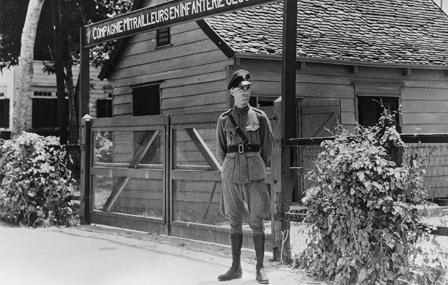
Background of Suriname
Suriname, located on the northeastern coast of South America, has a complex and fascinating history. The story of Suriname’s independence begins with its discovery and colonization by European powers in the 17th century. The Dutch were the first to establish settlements in Suriname, primarily for the cultivation of sugar and coffee.
Discovery and colonization by Europeans
Suriname was first explored by the Spanish in the late 15th century, but it was the Dutch who established a permanent presence in the region. In 1651, the Dutch West India Company founded the capital city of Paramaribo, which quickly became a major trading hub for the colony.
Development of the sugar and coffee industry
The Dutch colonizers recognized the value of Suriname’s fertile land and favorable climate for agriculture. They established plantations for the cultivation of cash crops, primarily sugar and coffee. These industries thrived, attracting large numbers of enslaved Africans who were forced to work on the plantations.
Introduction of enslaved Africans
The introduction of enslaved Africans was a crucial factor in the development of Suriname’s economy. The plantation owners relied heavily on the labor of enslaved people to maximize their profits. This dark chapter in Suriname’s history resulted in the suffering and exploitation of countless individuals who endured brutal conditions on the plantations.
Struggle for Independence
The 20th century saw a rise in nationalist movements in Suriname, as the people began to question the legitimacy of colonial rule. There was a growing sense of identity and a desire for self-governance that culminated in the fight for independence.
Emergence of nationalist movements
In the early 20th century, a number of Surinamese intellectuals and activists emerged, advocating for the rights and autonomy of the Surinamese people. One prominent figure during this time was Anton de Kom, an anti-colonial activist who spoke out against the oppressive colonial system.
Formation of political parties
As nationalist sentiments grew, political parties began to form, with the aim of advocating for self-rule. The most influential of these parties was the National Party of Suriname, led by Johan Adolf Pengel. The party played a crucial role in mobilizing the Surinamese people and pushing for independence.
Surinamese participation in World War II
Suriname’s involvement in World War II had a profound impact on the independence movement. Surinamese soldiers fought alongside the Allied forces, gaining valuable military experience and exposure to ideas of freedom and self-determination. This experience further fueled the desire for independence among the Surinamese people.
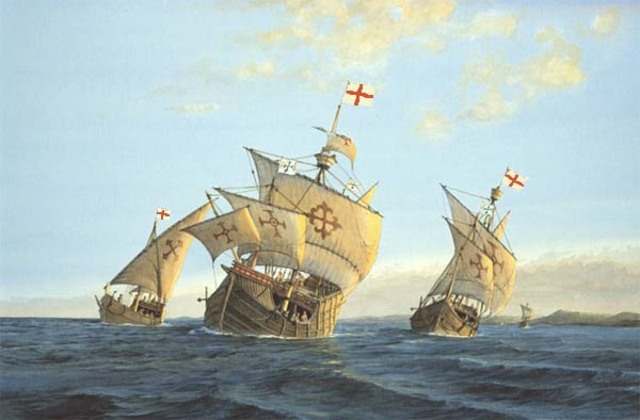
Influential Figures in the Independence Movement
Several key figures played instrumental roles in the fight for Surinamese independence, each contributing their unique talents and perspectives to the cause.
Anton de Kom – Anti-colonial activist
Anton de Kom was an influential figure in Suriname’s independence movement. Born in 1898, he witnessed firsthand the injustices and hardships faced by the Surinamese people under colonial rule. De Kom wrote extensively about the plight of the Surinamese and sought to bring international attention to their struggle.
Johan Adolf Pengel – Leader of the National Party of Suriname
Johan Adolf Pengel, a charismatic leader and the head of the National Party of Suriname, played a crucial role in the push for independence. Under Pengel’s leadership, the party gained significant support and mobilized the Surinamese people to fight for their rights and freedom.
Arron – First Prime Minister of Suriname
Henck Arron, the first Prime Minister of Suriname after independence, was a visionary leader who played a pivotal role in shaping the nation’s future. He was a strong advocate for democracy, human rights, and economic development. Arron worked tirelessly to transform Suriname into a modern and prosperous nation.
Decolonization Process
The path to independence for Suriname was a complex and multifaceted process that involved negotiations with the Netherlands and the establishment of self-governance.
Negotiations with the Netherlands
In the late 1960s and early 1970s, negotiations between Suriname and the Netherlands took place to determine the conditions under which Suriname would gain independence. These negotiations were challenging, as both sides had to navigate issues such as economic independence, citizenship rights, and the future relationship between the two countries.
Transition to self-governance
After years of negotiations, Suriname finally gained self-governance on November 25th, 1975. This marked a significant milestone in Suriname’s history, as the country now had the power to make its own decisions and shape its own destiny.
Suriname obtains parliamentary democracy
With independence came the establishment of a parliamentary democracy in Suriname. The Surinamese people had the opportunity to elect their own representatives and actively participate in the political process. This marked a significant departure from the colonial era when decision-making power was concentrated in the hands of the Dutch.
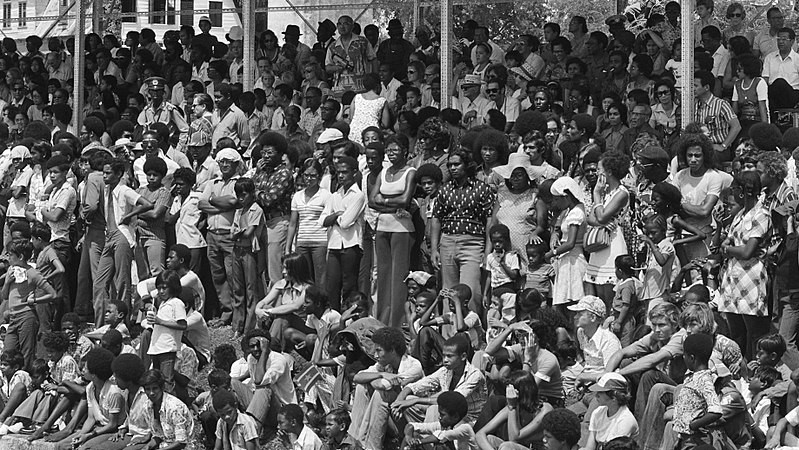
Declaration of Independence
On November 25th, 1975, Suriname officially declared its independence from the Netherlands. The declaration of independence was a momentous occasion that was celebrated with great enthusiasm and pride.
Suriname’s official declaration of independence
The official declaration of independence outlined Suriname’s aspirations and goals as a newly independent nation. It emphasized the country’s commitment to democracy, human rights, and economic development. The declaration also acknowledged the contributions of those who fought for independence and called for unity among all Surinamese people.
Celebrations and national pride
The declaration of independence was met with widespread celebrations across Suriname. The streets of Paramaribo were filled with people, waving flags, singing national songs, and expressing their joy and pride in their newly independent nation. The sense of national pride was palpable as Surinamese from all walks of life came together to celebrate this historic moment.
Recognition by other countries
Suriname’s independence was not only celebrated within its own borders; it also received recognition and support from other countries around the world. Diplomatic ties were established, and Suriname became a member of various international organizations, further solidifying its status as a sovereign nation.
Challenges Faced After Independence
While independence brought new opportunities for Suriname, it also came with a unique set of challenges that the country had to overcome.
Integration of diverse ethnic groups
Suriname is a diverse country, with a population comprising various ethnic groups, including the Creole, Hindustani, Maroons, Javanese, and Chinese. After independence, one of the major challenges was ensuring the integration and harmonious coexistence of these different communities. Efforts were made to promote inclusivity, cultural exchange, and mutual respect among all Surinamese people.
Economic struggles and debt
Suriname faced significant economic struggles after independence. The country was heavily reliant on the export of natural resources, such as bauxite, gold, and oil. Fluctuations in commodity prices, mismanagement of resources, and external forces impacted Suriname’s economy, leading to periods of inflation, debt, and financial instability.
Political instability
Suriname experienced periods of political instability after gaining independence. Changes in government leadership, political corruption, and ethnic tensions contributed to a volatile political environment. Suriname’s journey towards stability and effective governance has been marked by ups and downs, but the country continues to strive for progress and unity.

Achievements and Progress
Despite the challenges, Suriname has achieved significant progress in various areas since gaining independence.
Education and healthcare improvements
Suriname has made notable advancements in education and healthcare. The government has invested in infrastructure, resources, and training to improve access to quality education for all Surinamese children. Similarly, healthcare services have been expanded and upgraded to provide better medical care to the population.
Cultural preservation and national identity
Suriname’s diverse cultural heritage is celebrated and preserved through various initiatives. Efforts have been made to protect and promote traditional arts, music, dance, and cuisine. Cultural festivals and events showcase the rich tapestry of Suriname’s cultural identity, fostering a sense of pride and unity among the Surinamese people.
International collaborations and partnerships
Suriname actively engages in international collaborations and partnerships to foster economic development and strengthen diplomatic ties. The country has sought foreign investment, participated in regional integration initiatives, and engaged in bilateral agreements to expand its global presence and diversify its economy.
Influence of Suriname’s Independence on the Region
Suriname’s independence had a profound impact not only within its borders but also on the wider Caribbean region.
Inspiring other Caribbean nations
Suriname’s successful journey towards independence served as an inspiration for other Caribbean nations striving for freedom and self-determination. Suriname’s resilience and determination showed that it was possible to break free from the bonds of colonialism and forge a path towards a brighter future.
Promoting regional cooperation
Suriname has played an active role in promoting regional cooperation and integration. The country is a member of various regional organizations, such as the Caribbean Community (CARICOM) and the Union of South American Nations (UNASUR), and has actively participated in initiatives aimed at strengthening economic, political, and cultural ties within the region.
Impact on Pan-African movements
Suriname’s independence also had a significant impact on Pan-African movements worldwide. Suriname’s large population of African descent played a crucial role in shaping the country’s identity and culture. The fight for independence and the subsequent establishment of a sovereign nation resonated with Pan-African movements, highlighting the importance of self-determination for people of African descent.
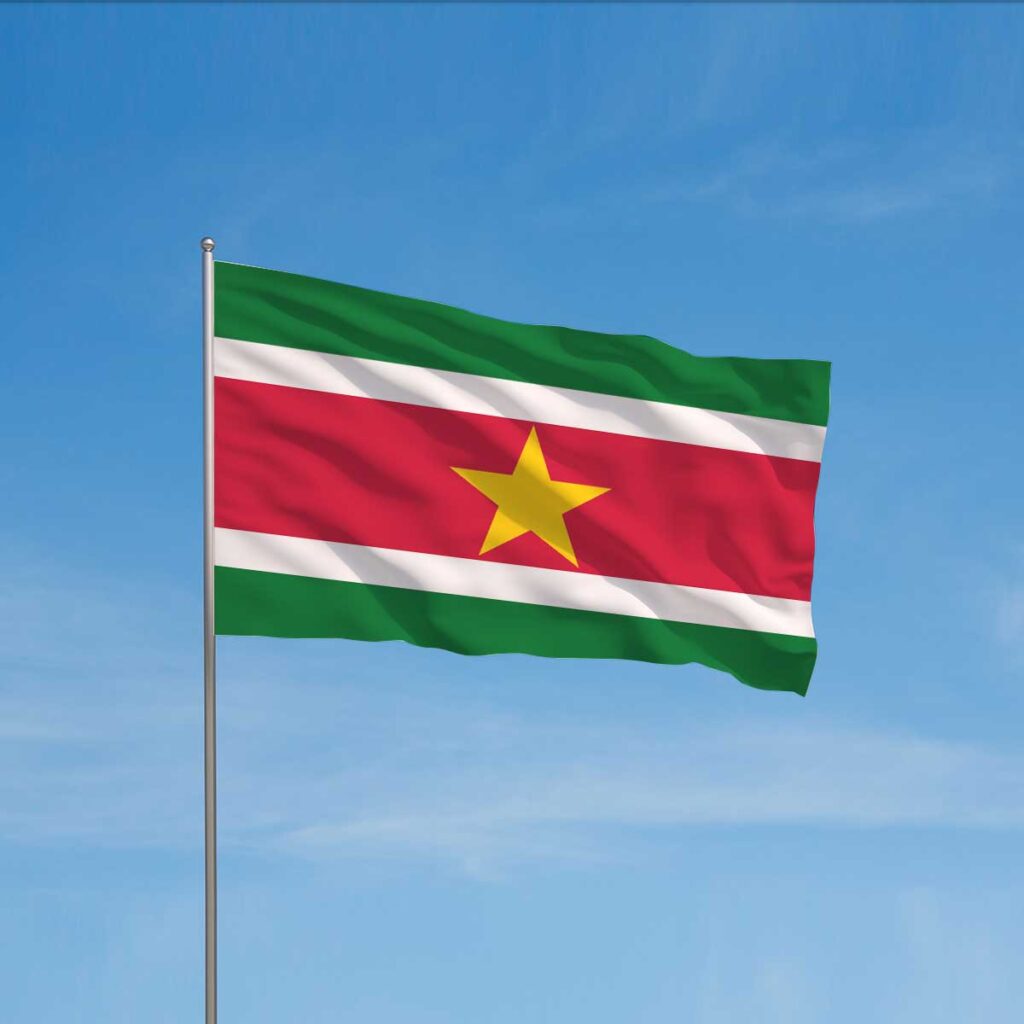
Suriname’s Independence in the Global Context
Suriname’s independence had implications beyond the Caribbean and Pan-African movements. It affected the country’s international relations, diplomatic ties, and contributions to global initiatives.
Impact on international relations
With the attainment of independence, Suriname embarked on a journey to establish diplomatic relations with other nations. The country sought to strengthen ties with both neighboring countries and those further afield. Suriname’s independence allowed it to participate on equal footing in international forums and organizations, contributing to global conversations on important issues.
Diplomatic ties with former colonial powers
After gaining independence, Suriname established diplomatic ties with former colonial powers, including the Netherlands. These relationships were crucial in shaping Suriname’s future and determining the levels of cooperation and assistance received from these nations.
Contributions to United Nations
As an independent nation, Suriname became a member of the United Nations (UN), providing it with a platform to contribute to global affairs. Suriname actively participates in UN discussions and initiatives and has made contributions to various areas, including sustainable development, climate change, and human rights.
Current Status of Suriname
Today, Suriname is a democratic country with a diverse political landscape, a growing economy, and a commitment to progress and unity.
Political landscape and governance
Suriname operates as a parliamentary democracy, with multiple political parties competing for representation in the National Assembly. Over the years, different political parties have held power, shaping the direction and priorities of the country.
Economic diversification and natural resources
Suriname has made strides in diversifying its economy beyond the traditional sectors of mining and agriculture. The government has encouraged investment in areas such as tourism, manufacturing, and renewable energy. Suriname’s rich natural resources, including bauxite, gold, and oil, continue to play a significant role in its economy.
Social issues and future challenges
Like any country, Suriname faces a range of social issues and future challenges. Inequality, poverty, and access to quality healthcare and education remain pressing concerns. Additionally, environmental sustainability and climate change adaptation are challenges that Suriname must confront to ensure a sustainable future for its people.
Impact of Suriname’s Independence on Surinamese People
Suriname’s independence had a profound impact on the Surinamese people, shaping their identity, empowering them, and providing them with a platform for self-determination.
Sense of national identity and pride
Suriname’s independence fostered a strong sense of national identity and pride among the Surinamese people. The fight for independence brought together individuals from diverse backgrounds, united by their shared vision of a better future. This sense of identity and pride continues to be a driving force behind Suriname’s progress and unity.
Empowerment and self-determination
Independence gave the Surinamese people the power to make their own choices and shape their own destiny. It empowered individuals and communities to take charge of their lives, seek opportunities, and strive for a better future. The journey towards independence instilled a sense of agency and self-determination among the Surinamese people that continues to drive their aspirations and ambitions.
Reflections on the journey towards independence
Suriname’s independence serves as a reminder of the struggles, sacrifices, and resilience of the Surinamese people. It is a time for reflection, as individuals and communities look back on the journey towards independence, take pride in their achievements, and learn from the challenges they have overcome. It is a time to remember the values and ideals that guided them and to renew their commitment to building a brighter future for Suriname.
Suriname’s Independence Day
Every year on November 25th, Suriname celebrates its Independence Day. This is a time for commemoration, reflection, and festivities.
Commemorations and festivities
On Independence Day, Surinamese people come together to commemorate the country’s journey to freedom. Various events and activities are organized, including parades, cultural performances, exhibitions, and fireworks displays. It is a time for individuals and communities to celebrate their national identity and express their pride in their country.
Historical speeches and declarations
Independence Day is also marked by speeches and declarations by political leaders, intellectuals, and activists. These speeches reflect on the significance of independence, its impact on the Surinamese people, and the challenges and opportunities that lie ahead. Historical speeches from key figures in the independence movement may also be revisited and celebrated on this special day.
Symbolism and significance
Independence Day holds great symbolism and significance for the Surinamese people. It represents the culmination of years of struggle, sacrifice, and determination. It serves as a reminder of their history, values, and aspirations, and renews their commitment to building a prosperous and united Suriname.
Continued Strive for Progress and Unity
Suriname’s journey towards progress and unity continues long after independence. The country has formulated national development plans and implemented policies to address social issues, promote economic growth, and foster unity among diverse communities.
National development plans
Suriname has formulated national development plans that outline its vision and priorities for the future. These plans serve as roadmaps for economic, social, and environmental progress. They set targets and strategies to address challenges, improve infrastructure, promote sustainable development, and improve the well-being of all Surinamese people.
Addressing inequality and poverty
The Surinamese government is committed to addressing inequality and poverty. Efforts are being made to improve access to quality education, healthcare, and social services. The implementation of inclusive policies and targeted interventions aims to uplift disadvantaged communities and ensure that the benefits of progress are shared equitably.
Promoting unity among diverse communities
Suriname is a diverse nation, with different ethnic, cultural, and religious groups living side by side. The government recognizes the importance of promoting unity and social cohesion among these communities. Initiatives that encourage dialogue, celebrate diversity, and foster understanding are key to building a harmonious and inclusive society.
Conclusion
The story of Suriname’s independence is one of struggle, resilience, and progress. From its discovery and colonization by Europeans to its declaration of independence and beyond, Suriname’s journey to freedom has shaped its history and identity. The key events and influential figures that contributed to Suriname’s independence have left a lasting legacy, inspiring future generations to strive for progress, unity, and self-determination. As Suriname continues to navigate its path towards development and prosperity, the lessons learned from its independence remain an important guiding force.
